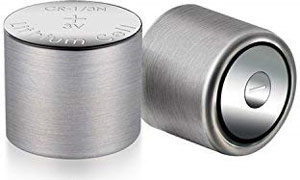WordPress is a CMS application that is utilized to oversee and control your tremendous assortment of web materials, archives and substance pages. It additionally encourages content creation, content control, blog creation and altering and other increasingly significant web upkeep works that you do not need to by and by take care of. Many web advertisers are utilizing these substance the executive’s framework CMS applications to handily make changes inside capacities. This application programming can without much of stretch assistance web advertisers and gives them more opportunity to make increasingly useful undertakings for their online business.

WordPress online journals are SEO techniques that can assist you with expanding site traffic by methods for the connections these sites can provide for your site. We definitely know the significance of online journals and how it can give you back connections and give more advantages for your sites web crawler positioning endeavors. WordPress online journals can assist you with building trust and authority in your specialty field by methods for these websites being join commendable and can truly stand apart for peruser to take note. Substance for your web journals can be troublesome, such as posting conclusion themes and data that are extraordinary or interesting in any capacity and the WordPress application can help you right now.
A WordPress blog can be extraordinary and special such that individuals will notice and this can be an approach to build website traffic. In the event that these WordPress websites are link worthy, more individuals will probably have tendencies to connection to it or connection back to your different James Scholes blog postings or other substance pages. Getting joins or being connected, voluntarily definitely give you more preferred position due to the SEO love that the web search tools have on joins and furthermore giving your site more odds of getting a high position in the web indexes. Furthermore, WordPress websites are unquestionably one of these systems to getting more connections and give more web index esteem. Furthermore, expanding webpage traffic to your WordPress online journals should be possible the website improvement path by methods for utilizing long tail watchwords that can be increasingly explicit. The WordPress application can help you in the production of these online journals or catchphrase phrases.
On the off chance that your WordPress sites have titles that contain the accessible catchphrase expresses that can condense the blog entries substance, at that point these posts will have more odds of being seen by peruser. The application can likewise help you in working out your URLs to make them all the more satisfying to the web index’s arachnids, getting your web journals higher page rankings and consequently have better odds of expanding webpage traffic


